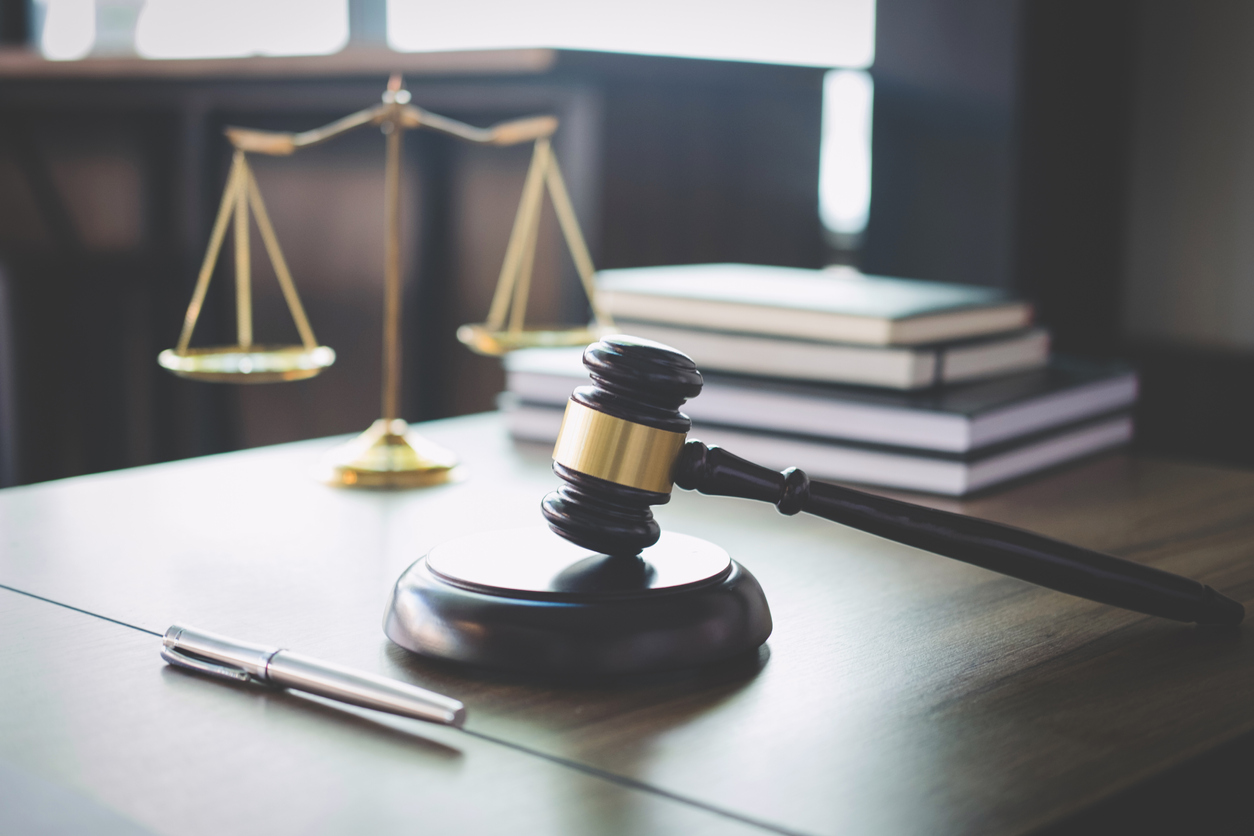Get A Free Legal Consultation
- We fight to maximize your results
- No out-of-pocket costs
- Over $11.3 billion recovered for families



At Simmons Hanly Conroy, we understand that filing a lawsuit is not a simple process, even under the best of circumstances. Exposing fraud against the government can be especially difficult. In this section, we try to address two of the issues we typically find on a client’s mind–compensation and the procedure.
To encourage private citizens to expose fraud committed against the government, the FCA rewards whistleblowers a percentage of the money that was recovered for the government. A whistleblower can receive between 15 and 30 percent of the amount recovered by the government.
In general, when the government declines to intervene, the whistleblower is entitled to a share of the recovery between 25 and 30 percent. When the government intervenes, the whistleblower is entitled to a share of the recovery between 15 and 25 percent.
The exact amount of the reward depends upon many factors, including: the contribution of the whistleblower and his or her counsel, whether the government intervenes and if so, at what stage. However, the greater the contribution made by the whistleblower and his or her counsel, the higher the percentage of the award.
* Please note that recovery results vary per client. The recovery amounts in each case reflect the specific facts of that case. Further, recovery amounts in past cases are not a guarantee of future results.
Once a whistleblower decides to proceed with the prosecution of the government fraud, he or she may retain a lawyer to file a lawsuit against the company or person committing the fraud. The lawsuit must be filed in camera under seal, which means that the case is kept confidential during the initial phase and only becomes public once the seal is lifted.
After the case is filed, the U.S. Attorney General will investigate the allegations of the lawsuit. The lawsuit is kept under seal for a minimum of 60 days, but this time period may be (and almost always is) extended when warranted by the circumstances.
If the U.S. Attorney General believes the lawsuit is meritorious, the United States government will intervene and take an active role in the lawsuit. The U.S. government intervenes in approximately 20 percent of the cases filed. The government intervention rate for health care and procurement are slightly higher at 33 and 29 percent respectively.
Even if the government intervenes, the whistleblower retains the right to a portion of any recovery on behalf of the government. If the government does not intervene, the whistleblower may pursue the lawsuit independently. If damages are awarded, the whistleblower may receive between 15 and 30 percent of the recovery.

If you believe you have a qui tam case, please Contact Us for a free legal consultation.